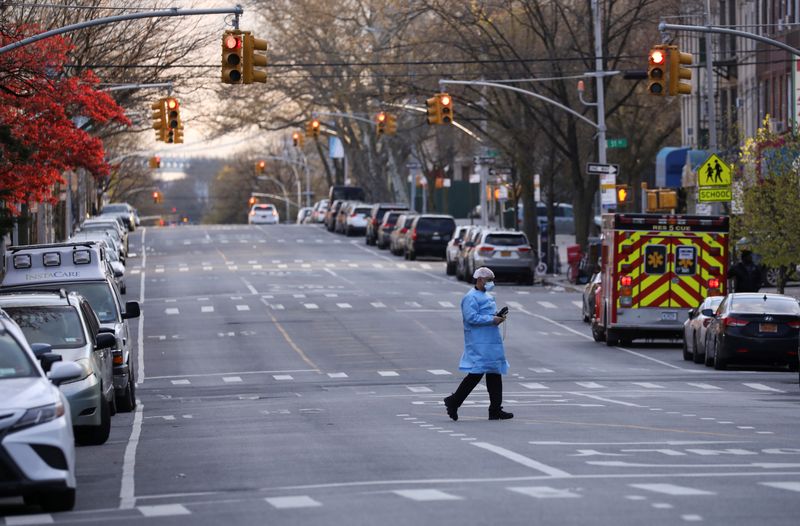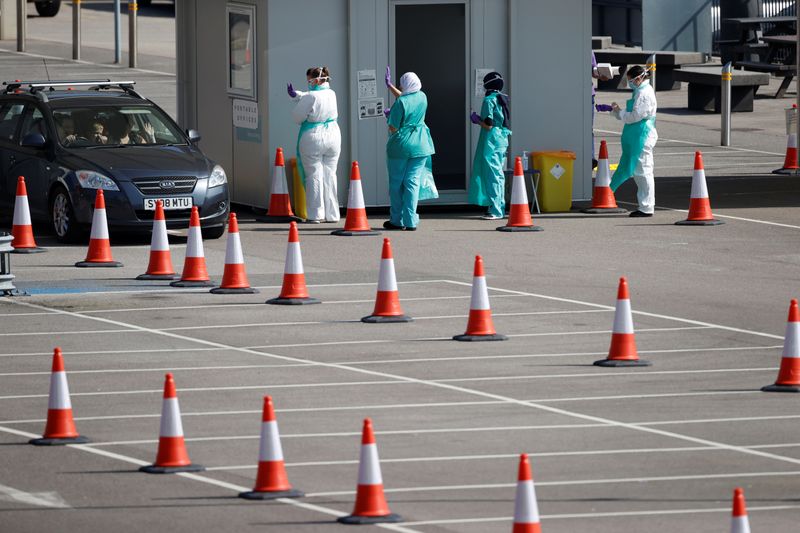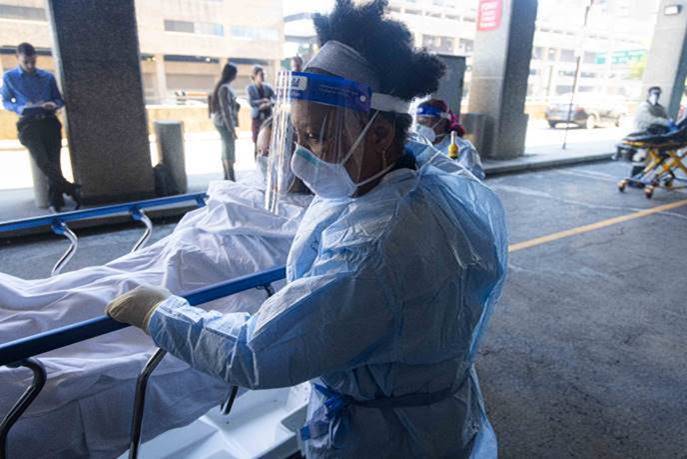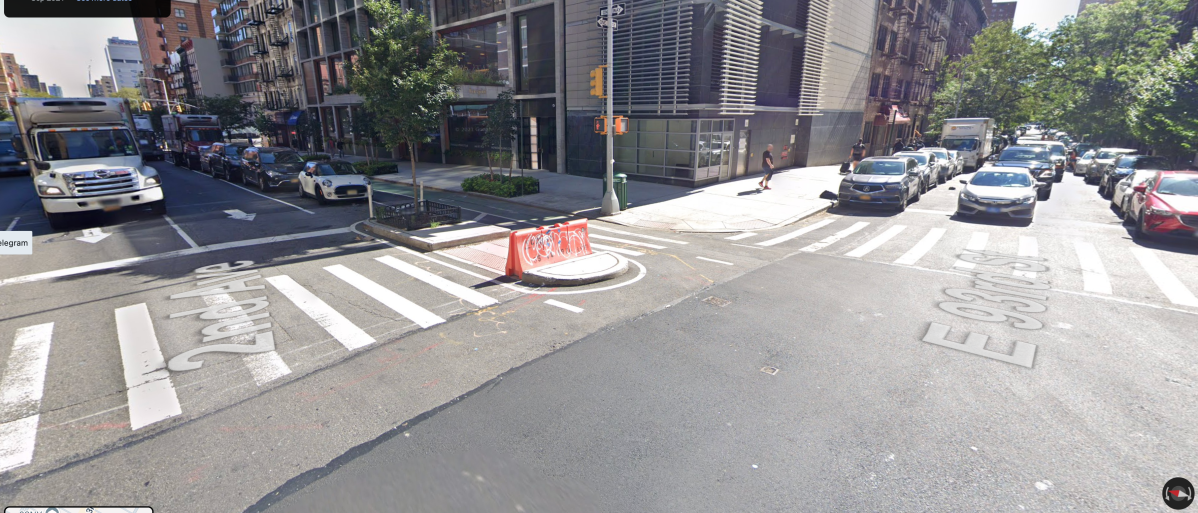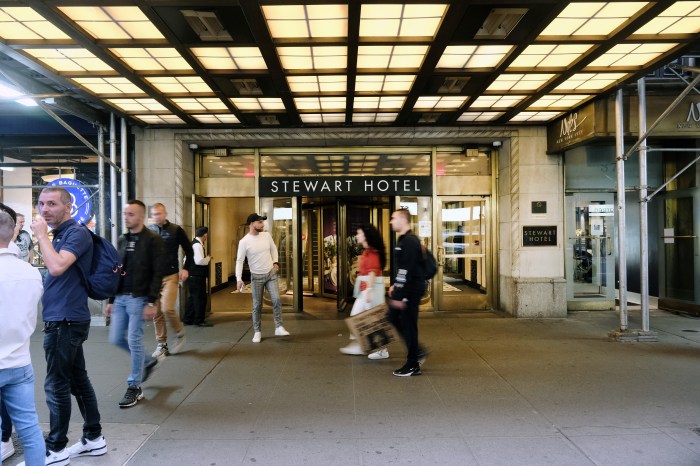(Reuters) – Here’s what you need to know about the coronavirus right now:
Turning a corner?
Such is the appetite in financial markets for good news of any sort that prices across the board are jumping on hopes of a gradual re-opening of the U.S. economy and a media report of a possible COVID-19 treatment.
President Donald Trump’s guidelines released on Thursday recommend a staggered, three-stage approach – somewhat in contrast to the “big bang” restart he once called for but enough for some to see light at the end of the tunnel.
Separately, medical news website STAT reported that the University of Chicago hospital trial treating COVID-19 patients with the Gilead antiviral medication remdesivir is seeing rapid recoveries.
UChicago Medicine, also in an email, said “partial data from an ongoing clinical trial is by definition incomplete and should never be used to draw conclusions”.
Despite the caveat, that and the Trump plan cheered the pan-European STOXX 600 index to gains of 2.6% earlier on Friday.
“Manageable again”
That positive tone was echoed in a statement of Germany’s health minister on Friday as he described national efforts to combat the pandemic.
“The outbreak has – as of today – become controllable and manageable again,” Jens Spahn said, adding that the local health care system had “at no time been overwhelmed”.
Germany has had proportionately fewer fatalities than other countries hit by the outbreak but has always urged caution. The new language marks a more upbeat mood.
Wuhan toll revisited
China’s Wuhan city, the epicentre of the global coronavirus outbreak that has now caused more than 143,000 deaths globally, said it had revised up its total death toll by 50%, addressing incorrect reporting, delays and omissions of cases.
That would take China’s total deaths to over 4,500.
The revision comes as U.S. and other officials question the accuracy of China’s tallies – but also as those countries hit hardest by the pandemic have widely varying methodologies for counting their dead. The World Health Organization in Geneva has so far not commented on the Chinese revision.
(For an interactive graphic tracking the global spread, open https://tmsnrt.rs/3aIRuz7 in an external browser.)
(For an interactive graphic tracking how coronavirus spread from Wuhan through China, click https://reut.rs/2XDMFmp)
In India, distrust undermines efforts
Efforts by health workers to identify and track cases have been a source of suspicion in India where there is a deep-rooted distrust of Narendra Modi’s Hindu nationalist government.
The doubts have been fuelled notably by a new citizenship law that critics say discriminates against Muslims and a crackdown by India in the Muslim-majority territory of Kashmir.
Some Muslims believe health workers are secretly collecting data for a proposed database to identify illegal immigrants, according to community leaders and interviews with residents.
A spate of viral videos carrying false information depicting Muslims attempting to spread the virus by spitting or blowing their noses with currency notes is inflaming the situation.
From cramped dorms to cruisers
Singapore is considering placing recovered migrant workers on cruise ships for their safety after COVID-19 cases surged in sprawling housing complexes where the foreign labourers live.
Cruise ships have been the centre of some mass outbreaks, including the Diamond Princess, which was quarantined for over a month in the Japanese port of Yokohama with more than 700 people becoming infected.
“Cruise ships are being considered as they have readily available rooms and en-suite toilets to minimise person-to-person contact,” Singapore’s tourism board said in a statement on Friday.
(Compiled by Karishma Singh and Mark John)

